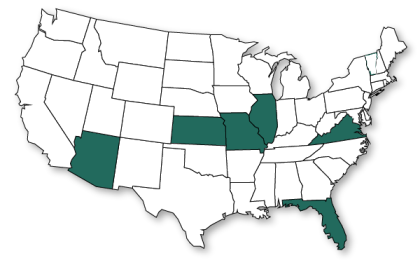Solar panels can be economically and environmentally sound, and they’re more accessible than ever.
At O’Connor Insurance we worked with Enphase Energy to install panels on our office. In the month of September we offset 1.03 tons of carbon (the equivalent to 26 trees offset powers). In 2016 we have done the work of almost 240 trees! But – is solar power right for you? To help you address the question, here are five things to think about before making the switch:
- The different options for installing a solar system. Oftentimes you don’t have to foot the entire cost of going solar yourself. Instead, you may be able to lease a system from a company that installs and maintains it or enter into an agreement where a third party actually owns the system and bills you (likely at a reduced rate) for electricity. Just keep in mind that installing and owning your own system may provide the best long-term return and tax credits or rebates may help to lower upfront costs.
- Your current energy costs and your future needs. Depending on your situation, you could have relatively low energy bills now and not be as motivated to pursue solar as someone with higher costs. But what does the future look like? If your family is growing, your energy costs are probably about to grow, too, and investing in solar might be worth your while.
- The power a system would generate. Have a reputable solar company measure the amount of sun your home gets, taking into account things such as shade, trees, and surrounding buildings, so you can make an informed decision about expected savings.
- What your homeowners insurance policy says. With any improvement that increases the replacement value of your home, you need to make sure your insurance policy reflects the change. Give us a call to see if your policy provides adequate limits to cover the cost of solar panels. If it doesn’t, we can help you.
- Your goals. Are you mainly looking to save money? Help the environment? Both? Knowing your goals will help you determine whether solar is the right choice for you, as well as which option makes the most sense. No matter what you choose, even considering solar means you’re thinking about energy a little differently. And that’s a good thing.
Renewable power it can help protect your from rising energy costs and even power outages, not to mention the good it does for the environment. Just be sure to consider your options and all the costs involved before making the leap.


